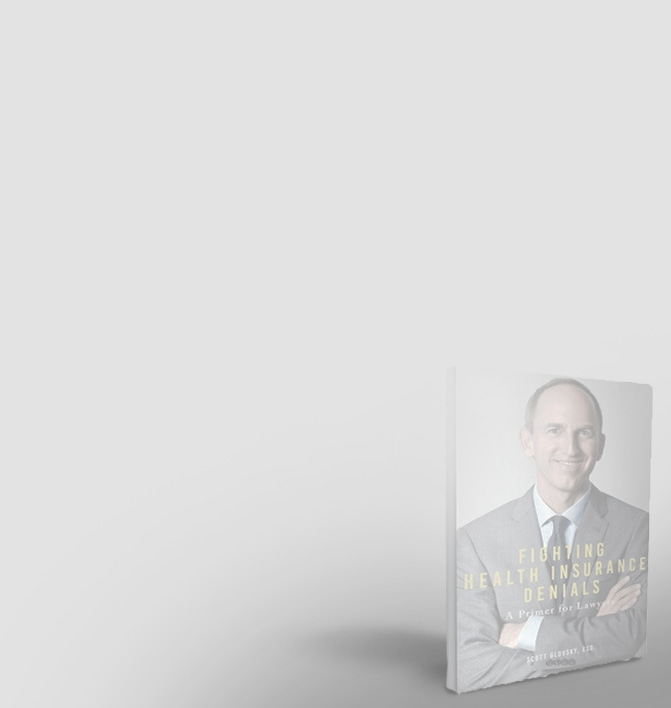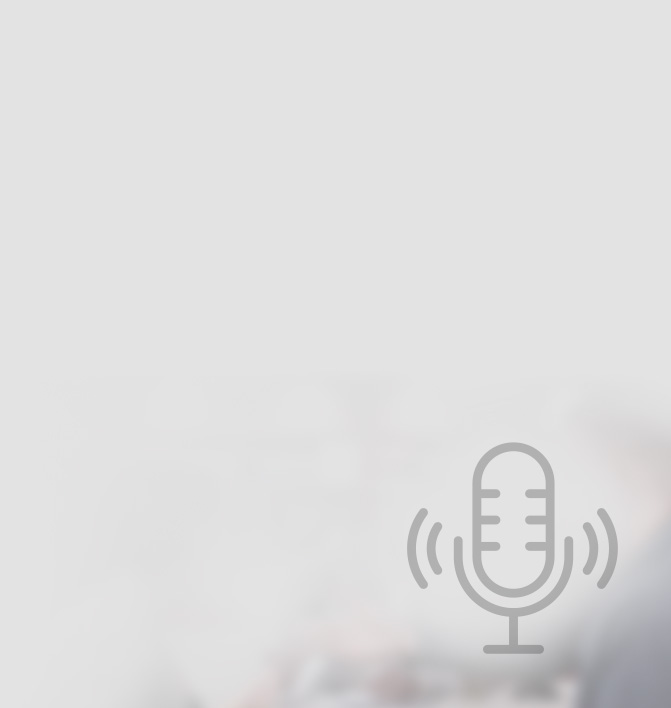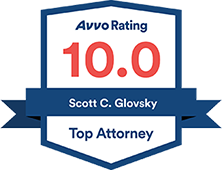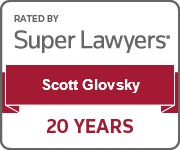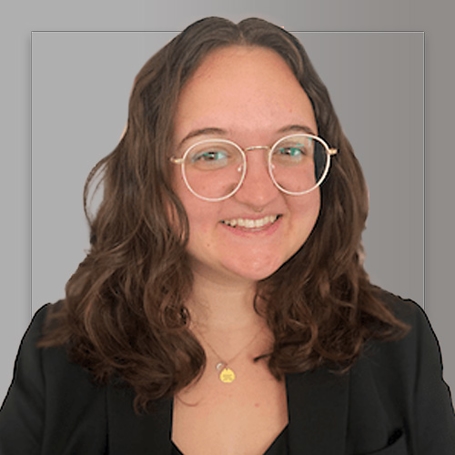Millions Recovered For Policyholders
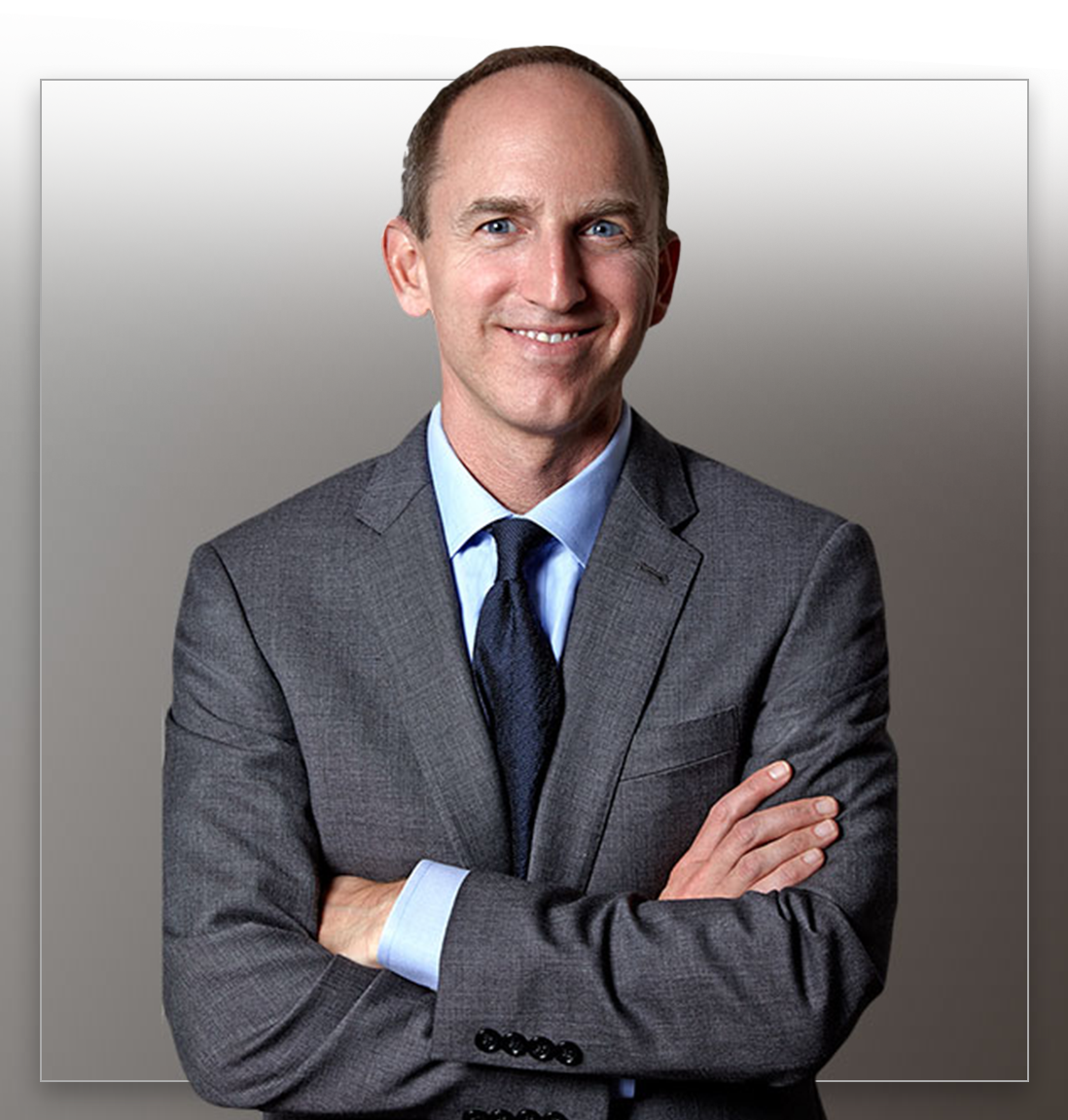

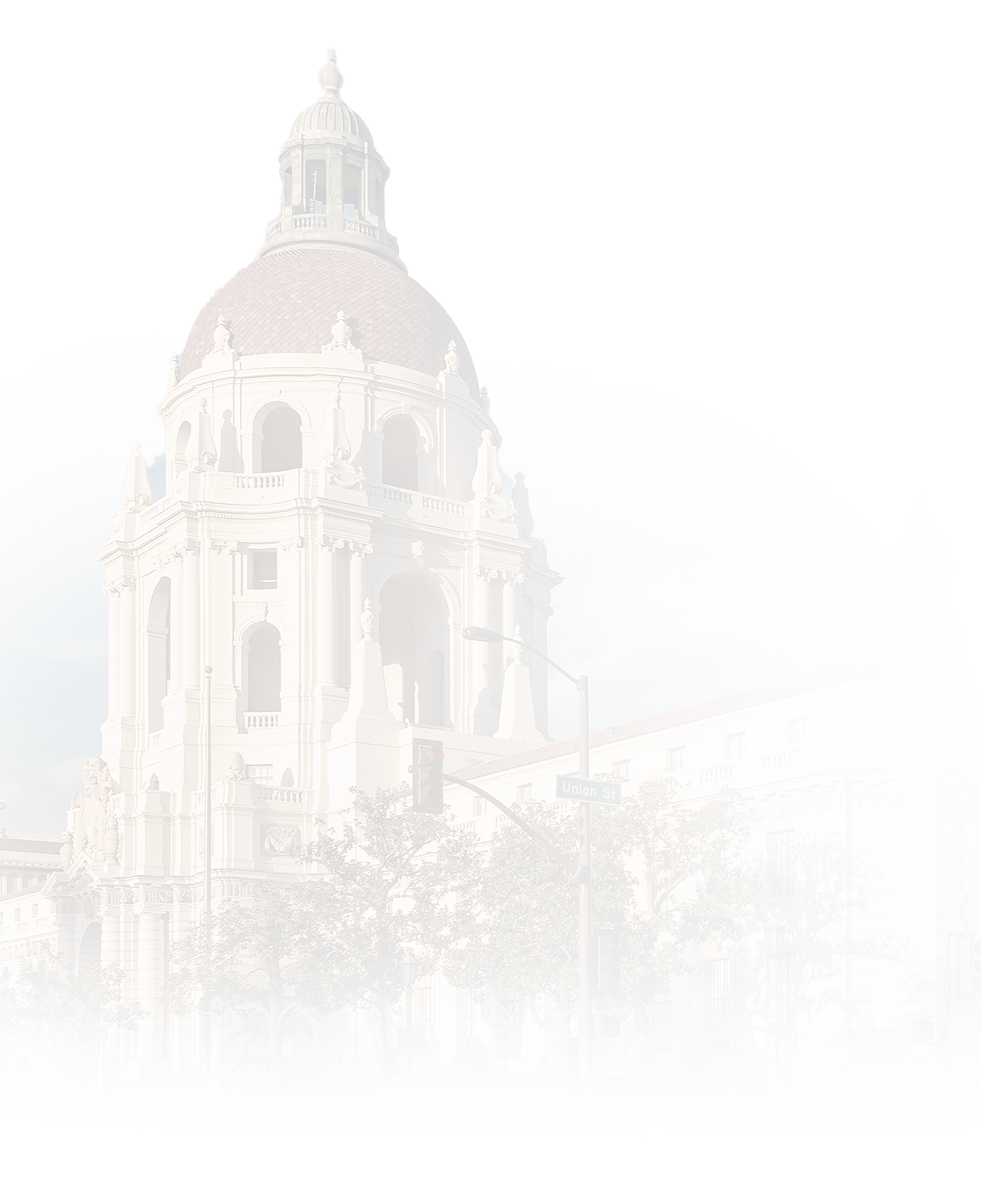
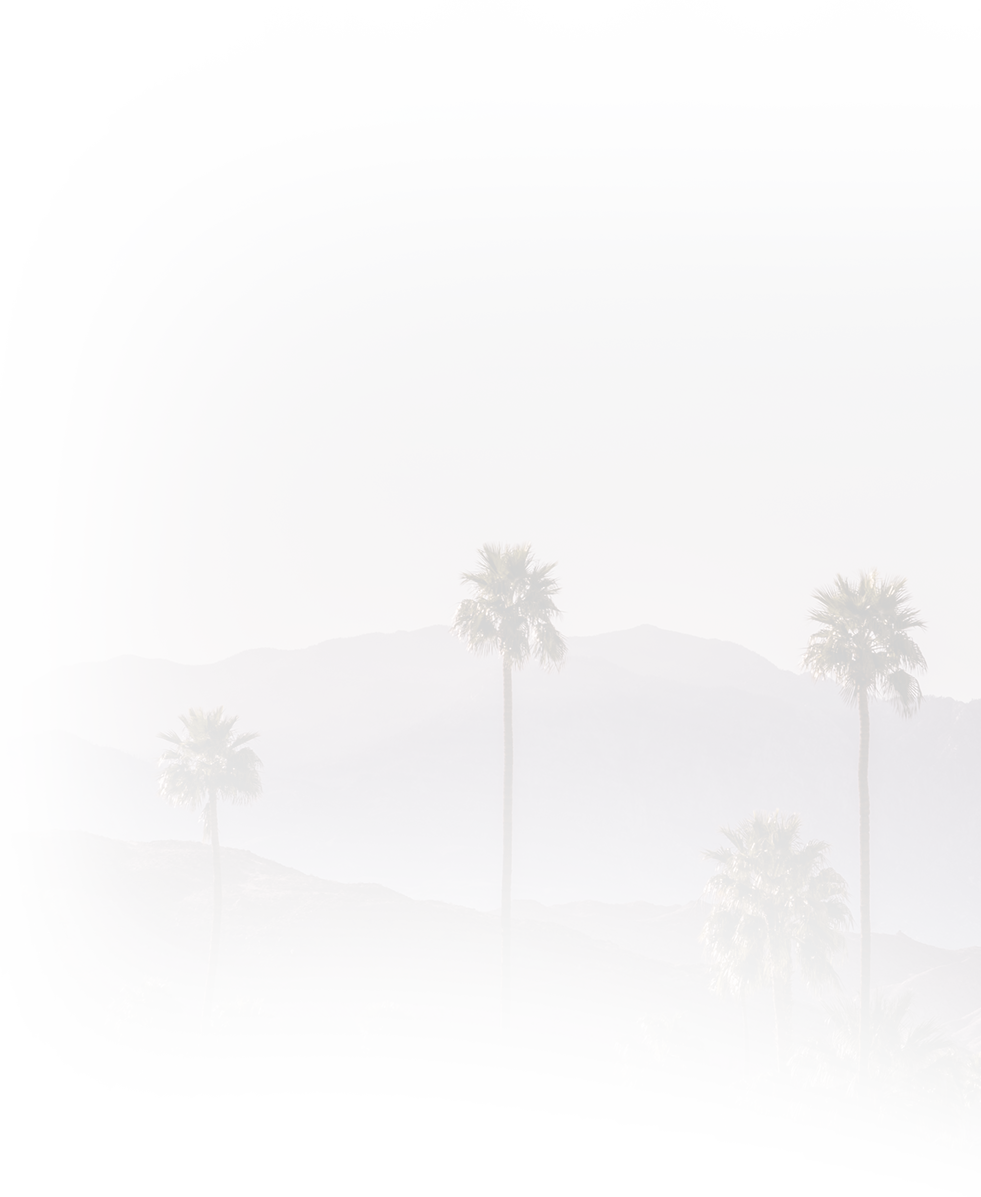
I Go After Insurance Company Big Shots Who Value Their Lifestyles More than Your Life
Los Angeles Bad Faith Insurance Attorney Aggressively Pursuing Justice in all of California
I’m happiest when I’m fighting for justice against big corporations that think they’re untouchable. When major corporations drag you to the lowest point in your life – injured, ignored, depressed, and worried about your future – I step in to make a positive difference.
I’m here to help take away your fears, loneliness and pain, to let you know you are no longer in this fight alone. I love being a trial lawyer. I am devoted to becoming the best person and lawyer that I can be. That’s why I fight for justice with all of my heart and soul, and stay fully committed to your case. I might very well be your last chance to get the justice you deserve and I take that responsibility to heart.
If you or a loved one was denied medical care, call (626) 323-8351 or contact us online to request a free case evaluation with a bad faith insurance lawyer in Los Angeles.
-
 Book
BookScott Glovsky's book "Fighting Health Insurance Denials" serves as a resource for attorneys fighting health insurance denial cases. Learn more about the book and how to buy below.
-
 PodcastIn Scott Glovsky's podcast, Trial Lawyer Talk, Scott interviews and speaks with some of the country's top trial attorneys.
PodcastIn Scott Glovsky's podcast, Trial Lawyer Talk, Scott interviews and speaks with some of the country's top trial attorneys.


"He had some good advice about appealing a denial of coverage from Kaiser Permanente, and my options if the appeal is denied. Thanks, Scott!"
- Paul A.
Our Case Results
Relentlessly Tough, Relentlessly Personal
-
$9.29 Million
Arce v. Kaiser. Kaiser Permanente sued for denying ABA and speech therapy to children with Autism Spectrum Disorders.
-
$17.3 Million
On April 30, 2019, a 39-year-old father was fatally injured when his Kia Optima collided with a disabled Los Angeles County Metropolitan Authority (LACMTA) bus on the I-10 freeway's express lane.
-
$14.9 Million
Cowart v. Anthem Blue Cross, et al. Anthem sued for misleading California individual plan members about the doctors in its networks for its ACA (“Obamacare”) plans in 2014.
We’re Known For Getting Results Wherever Injustice Happens
Bad faith insurance refers to dishonest or unfair practices by an insurance company when handling a claim made by a policyholder. Insurance companies have a legal duty to act in good faith and fair dealing, meaning they must thoroughly investigate claims, communicate clearly, and pay out valid claims promptly. When they fail to do so—intentionally delaying, denying, or undervaluing a legitimate claim—they may be acting in bad faith.
Here are several acts of bad faith insurance:
- Unreasonable Denial of a Valid Claim: An insurer may deny a claim without a legitimate reason, even when the claim is clearly covered by the policy. This forces the policyholder to absorb losses that should have been paid.
- Unjustified Delay in Payment: Insurers are required to process and pay valid claims promptly. Delaying payment without cause can create financial stress for the policyholder and may signal bad faith.
- Misrepresentation of Policy Terms: An insurance company might lie about or distort the language in the policy to avoid paying a claim. This misrepresentation can trick the insured into thinking they’re not entitled to coverage when they actually are.
- Failure to Conduct a Proper Investigation: If an insurer denies a claim without thoroughly investigating the facts, it may be acting in bad faith. A proper claim review includes examining all evidence and documentation before making a decision.
- Lowball Settlement Offers: Offering a settlement that is significantly less than what the claim is worth is a common bad faith tactic. This practice pressures the claimant to accept less than they deserve out of desperation or confusion.
- Refusing to Provide a Reason for Denial: Insurers must explain why they deny a claim, referencing specific policy provisions. Refusing to do so can indicate that the denial lacks merit and may be made in bad faith.
- Canceling or Altering a Policy After a Claim Is Filed: An insurer may try to cancel coverage retroactively or change the terms once a claim is submitted. This is often done to avoid paying out on a costly claim, which is illegal in many cases.
- Threatening or Intimidating the Policyholder: Using scare tactics, such as saying the claimant will lose everything in court, is a form of coercion. It’s designed to pressure the insured into settling unfairly or dropping the claim altogether.
- Ignoring Communication or Failing to Respond: If an insurer refuses to return calls, respond to letters, or acknowledge the claim, it could be acting in bad faith. Policyholders have the right to timely and honest communication.
- Requiring Unnecessary Documentation: Some insurers demand excessive or irrelevant paperwork as a stalling tactic. This can delay the claim process and discourage the policyholder from pursuing rightful compensation.
You are not alone. Thousands of people across America share your feelings of powerlessness, hurt, pain and betrayal.
I address your issues through the power of caring and the power of connecting with my clients.
I will tell you right up front, be prepared for a long, hard battle with me at your side every step of the way, even when things can get even tougher. Especially when the defendant’s attorneys attack you.
Corporate attorneys will often go out of their way to make the deposition process as ugly and unfair and distasteful as possible. You will be forced to bare your soul to a bunch of ruthless, uncaring lawyers who are out to tear you down and blame you for your situation. And I’ll be right there at your side to help navigate their web of dirty tricks.
When we go to trial, you will always have two things on your side they don’t have: the truth and me. I will always be better prepared than my opposition, because I have to be. I’m taking your case to heart and they’re taking your case as one of hundreds of angry defendants.
While the arrogant corporate lawyers are trying to snow the jury with fancy legal terminology, I will present your true human story to the jury in your own words, My goal is to connect heart-to-heart with each member of the jury. I want the jury to feel what you’ve felt and go through what you’ve gone through.
When I do my job correctly, juries can determine who’s in the right vs. who’s just in it for money.
Our Services
-
 Health Insurance Denials
Health Insurance DenialsWhen an insurance company denies, delays, or underpays your health insurance claim for bad reasons, it commits an injustice and may have broken the law. You have the right to fight back and we're ready to help you.
-
 Medical Necessity Denials
Medical Necessity DenialsHealth insurers often wrongly deny services as not medically necessary where the patients’ treating physicians have recommended the services as the most appropriate form of treatment.
-
 Experimental Denials
Experimental DenialsMedical science has grown by leaps and bounds over the past fifty years. Even now, doctors and researchers make groundbreaking advances every day that help people who were previously without hope. For many people, these advances offer new potential paths in providing treatment for their conditions.
-
 Denial Appeals
Denial AppealsHealth insurance companies generally require that you prove that your proposed treatment is medically necessary. As such, health insurance companies often review and deny a payment for a service, procedure, or treatment because they deem it not to be so.
-
 Insurance Bad Faith & Denials
Insurance Bad Faith & DenialsInsurance companies are supposed to be there to protect you and your family. But, it is an all too known reality that the companies fall short of providing the support you need by denying your claim. If your claim has been denied by an insurance company, contact us to fight back.
-
 Out-of-Network Denials
Out-of-Network DenialsNot every medical cost is foreseeable. Many times, a person has a medical emergency while traveling. When this happens, they may be forced to seek medical treatment while out of their insurance company’s network. This can result in the insurance company refusing to pay for any treatment provided by the out-of-network provider or agreeing only to pay at a reduced amount, leaving a patient with thousands of dollars of medical costs that they will be required to pay.
-
 Personal Injury
Personal InjuryWhen you have been injured through the negligence of another person or entity, you deserve justice. There can be lasting emotional, financial, and physical pain after an injury. We can help you fight for the justice you deserve after your injury.
-
 Sexual Abuse
Sexual AbuseSexual assault happens far too frequently, and often in familiar places. Statistics show that a majority of sexual assault survivors are assaulted by people they know in a place where they spend a lot of time together: in the workplace, at school, or even in the home.
Did You Pay Up Front to Get Stabbed in the Back? Where’s the justice in that?
Experienced Representation for Bad Faith Insurance Claims
It’s incredibly insulting and totally demoralizing to discover that the very people you’ve paid to protect you are the first ones to turn their backs on you, and then turn their legions of lawyers loose to break your spirit.
But please don’t give up. You don’t need a legion of lawyers to fight back. You just need one person who cares enough about you and your case to stay by your side and go to battle on your behalf.
Our hard fought case victories have impacted literally millions of insurance policyholders by forcing insurance companies to change their behavior – including their process of reviewing requests for medically necessary treatment and their medical policies.


Meet Our Team
If Results Matter, Then Hire Us
I Lead The Way With a Great Team at My Side.
While I’m proud of my accomplishments, my attorney colleagues and support staff are a huge part of my success. Working together as a cohesive legal force has helped me become an award-winning Pasadena insurance bad faith lawyer and a nationally recognized advocate for the rights of the injured and insurance policyholders. I have received numerous awards, including the California Lawyer Attorney of the Year Award, Consumer Attorneys Association of California’s “California Street Fighter of the Year” award, and the “President’s Award of Merit,” from the Consumer Attorneys Association of Los Angeles.
The entire team at The Law Offices of Scott Glovsky will approach your case with the understanding that the outcome will impact the rest of your life and the life of your family. We never settle cases cheaply, or simply to earn some fast money. We work hard to do everything possible to obtain every shred of justice the law allows. That’s why we are as far removed from “quick buck factory firms,” as you could possibly get. Instead, we take on a small number of cases, work passionately on those cases, and seek full justice for every client.
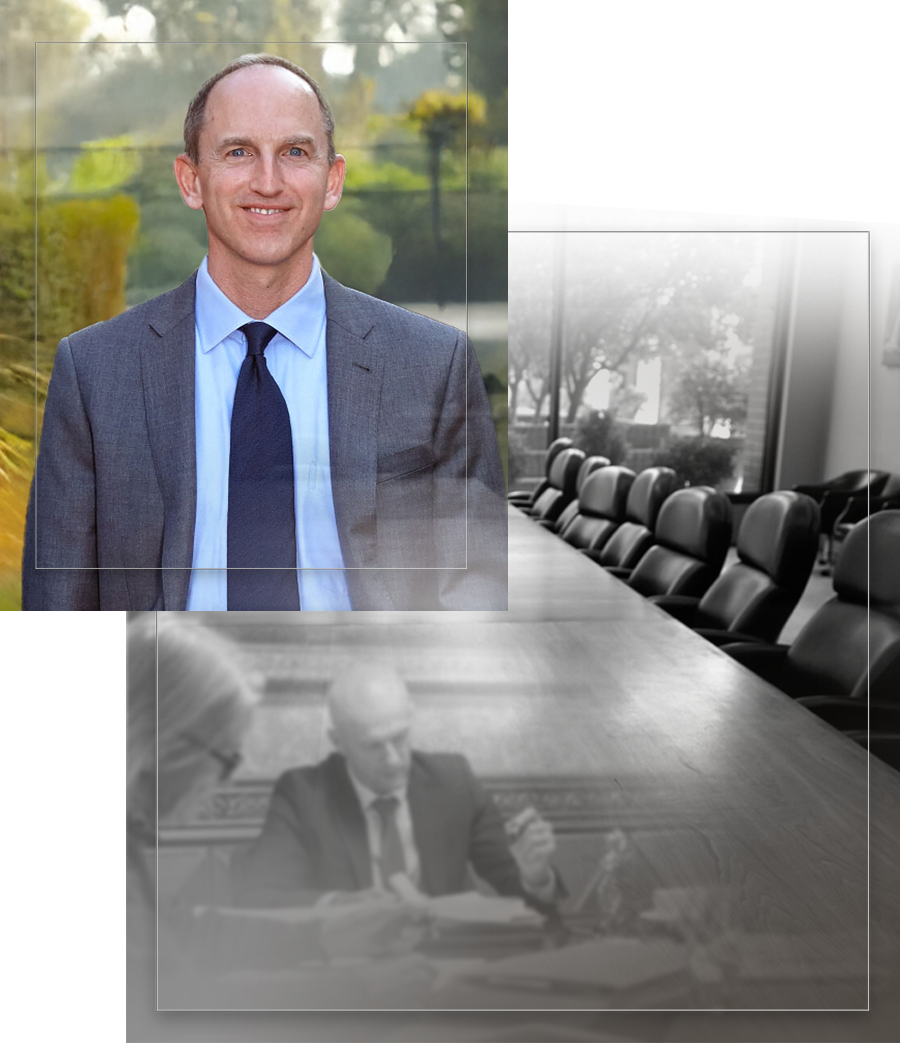
We’re on a Mission to Get Justice
At the Law Offices of Scott Glovsky, we promise to: care passionately about you and your cause; listen to and support you; be available for you and treat you with dignity and respect; and fearlessly fight for you every step of the way. We will only take cases we believe in, and we will expose wrongdoing to make our community better. We will do everything we can to always be the most prepared, to win through exposing the truth, and to provide the best lawyering possible. We will constantly grow, learn, and improve to become the best giant slayers we can be.
California Consumer Attorney of the Year Finalist
Attorney Scott Glovsky and his client took on Kaiser Permanente and the other major insurance companies in California to stop the denial of Applied Behavioral Analysis (ABA) and speech therapy to children with autism. The insurance corporations agreed to stop systemically denying these claims and reimbursed families who had claim denials as a result of Scott Glovsky’s fight for justice.
Insurance Bad Faith FAQ
Holding Bad Faith Insurers Accountable Since 1999
-
What Is Insurance Bad Faith?
If you are sued for an incident covered by your insurance policy, your insurance company is obligated to provide legal representation on your behalf. Essentially, a portion of your monthly premium goes toward ensuring the company will defend you if the need arises. However, there are exceptions to this duty. For example, if you cause an accident while driving under the influence of drugs or alcohol, your insurer is not required to defend you.
-
Is a Health Insurance Denial Bad Faith?
Before filing a bad faith insurance claim, it’s important to keep detailed records of all interactions, including conversations, emails, and other correspondence, to show that you acted in good faith to reach a fair resolution. Our team can carefully review your insurance policy to understand what is and isn’t covered, gather evidence to strengthen your case, and help you navigate the legal proceedings efficiently.
-
How Can I File an Insurance Bad Faith Lawsuit?
If you believe your insurance company is acting in bad faith, the situation may be more complex than it seems. Your claim may focus on bad faith, but may also involve negligence, breach of contract, or fraud. That’s why it’s important to work with an experienced attorney like Scott Glovsky. Our firm can help you make informed legal decisions and represent you in state or federal court if necessary.
